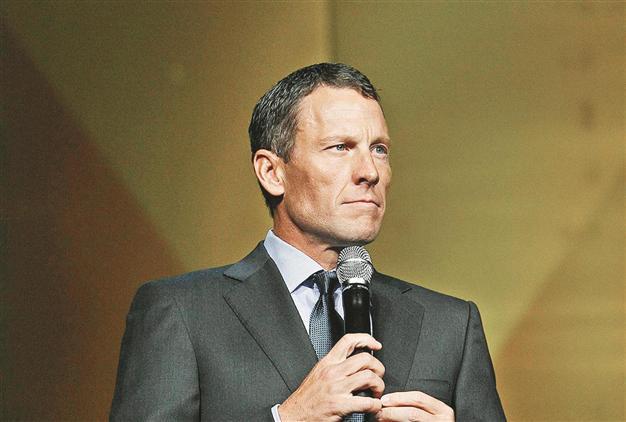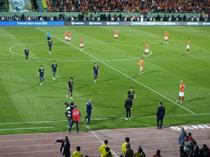Dutch federation to probe ‘doping culture’ in cycling
THE HAGUE - Agence France-Presse

The cycling world is reeling after the US Anti-Doping Agency’s devastating report on Lance Armstrong. REUTERS photo
The Dutch cycling federation will set up a commission to probe the “culture of doping” in the sport, laid bare by the scandal surrounding disgraced superstar Lance Armstrong.“Professional cycling is in crisis,” in the wake of the U.S. Anti-Doping Agency report into Armstrong’s cheating and the shock withdrawal of Dutch Rabobank as a sponsor last month, the Royal Dutch Cycling Federation (KNWB) said. “The KNWB believes more can and must be done internationally and nationally,” to fight doping, it added.
The commission will be set up no later than Nov. 30 and make public its findings “no later than June 1 next year.” It will “investigate the facts and findings in relation to the ‘doping culture’ within Dutch cycling,” the KNWB said in a statement yesterday.
It will then come up “with concrete suggestions on how to improve current measures to combat doping,” it added.
‘Most sophisticated doping program’
Armstrong was stripped of his record seven Tour de France wins after a USADA report published on Oct. 10 identified him as the kingpin of the most sophisticated doping program in the history of sport.
Just over a week later Dutch cycling sponsor Rabobank said it will stop sponsoring professional cycling at the end of this year.
The scandal has also tainted Hein Verbruggen, a Dutch national who headed the International Cycling Union (UCI) at the time of the shamed US rider’s consecutive Tour de France wins between 1999 and 2005.
Verbruggen is still an honorary president of the UCI, but has come under mounting pressure from anti-doping campaigners to leave.
During the late 1980s and early 90s many doctors voiced concerns after more than a dozen Dutch professional cyclists died within the space of three years, raising suspicions about the use of banned susbstances including banned blood booster EPO (erythropoietin).
















